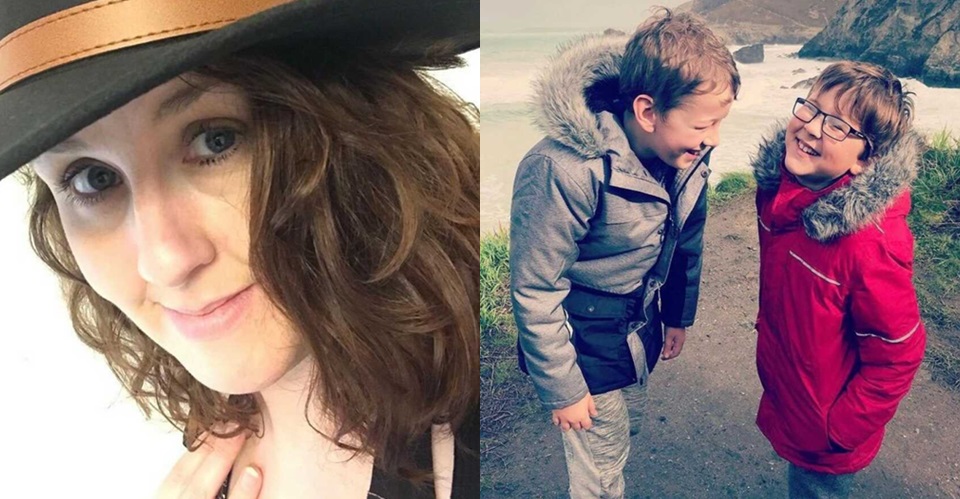She isn’t asking for special treatment, just equal room to breathe, so her family’s bright, busy minds can be precisely what they are: not broken, not less, simply human, in every color. She’s a neurodivergent mum raising neurodivergent kids, and she knows they’re not an exception, just rarely heard. In their home, the alphabet soup of differences, ASC, ADHD, ADD, SPD, Dyspraxia, Dyslexia, Dyscalculia, and Epilepsy, doesn’t make anyone the “odd one out.” Her children lead their own journeys. Love, compassion, self-awareness, and acceptance are the family rules. When she finally recognized her kids’ brains worked differently, she saw herself clearly, too. The pieces fell into place like lined-up dominoes; no wonder she understood their feelings deeply; she’d always moved through the world the same way.
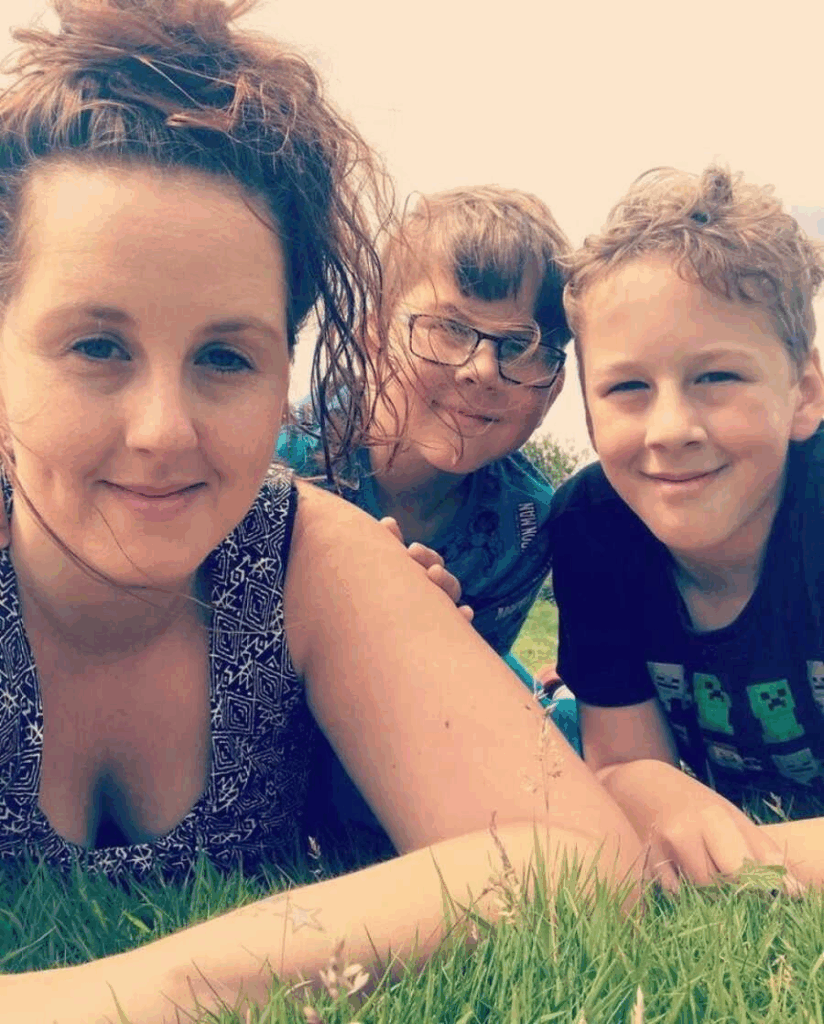
Her children don’t have to hide who they are or change to fit in at home. There’s no whispering about diagnoses, no shame dusted over their names. They’re allowed to be bright, loud, tender, and curious because that’s what safety looks like. She can’t control how the outside world treats them, but she can decide what they feel under their own roof: loved, respected, and valued.
She believes neurodivergence isn’t a flaw but a natural part of human variety that helps people think differently and push society forward. Still, she doesn’t sugarcoat it. Life carries both the light and the shade. And some days, the shade feels heavy. At 34, she was formally diagnosed with combined-type ADHD and autism after a lifetime of “flying under the radar.” For years, she was told her struggles were just depression, anxiety, disordered eating, and premenstrual dysphoric disorder, labels that made her feel broken and unfixable. Professionals confirmed her worst fears; she thought she had to accept a lifetime of being “too much” and “not enough.”
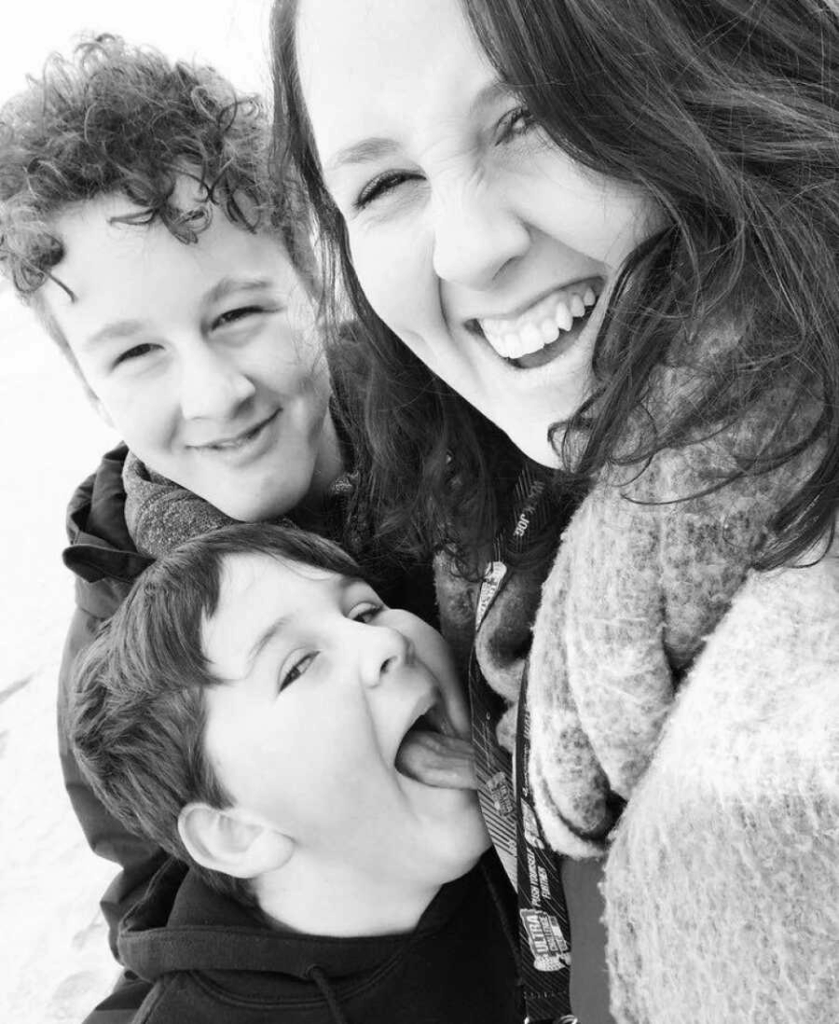
She never knew her way of thinking wasn’t the default; she only knew what it felt like to be herself. Trauma explained some things, sure, but not all. And adult diagnosis came with a subtle sting: “You’re grown now; you’ll manage.” The systems built to assess and support people like her seemed to stop at 18, as if challenges and needs expire with adolescence. Meanwhile, adulthood piles on: relationships, parenting, study, work, household admin, appointments, money, health, and a maze of agencies claiming to help. For a brain already juggling executive function, it’s a daily obstacle course. And when you stumble, the cost is judgment.
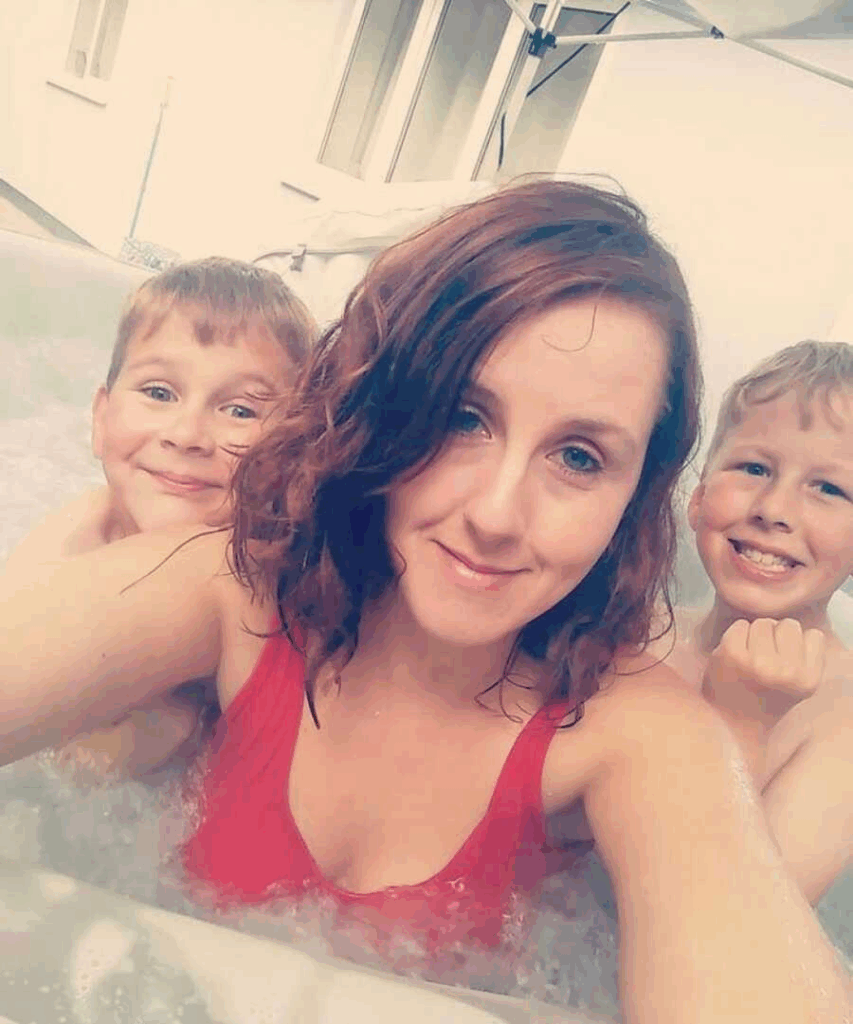
As a single mother of two multiply neurodivergent children, she feels that judgment often. She’s expected to pour from an empty cup, managing care, school, services, without anyone asking how her own neurodivergence shapes her parenting, her mental health, her friendships, her work, or her finances. Employers may not see disability when they look at her, but they’ll notice the variability in output and the time she needs to attend meetings for her children. She’s self-employed, not just by choice, but by necessity.
More than once, she’s been told, “We only care about the children’s needs, not yours,” as if parents are separate from outcomes. It is a baffling contradiction: professionals rely on her insight to understand her children, yet she’s never recognized as a key professional. She’s asked to teach strategies and model “ideal” behavior without acknowledgment that she shares the same neurotype and many of the same struggles. The message is clear: do everything perfectly, and don’t expect accommodation.
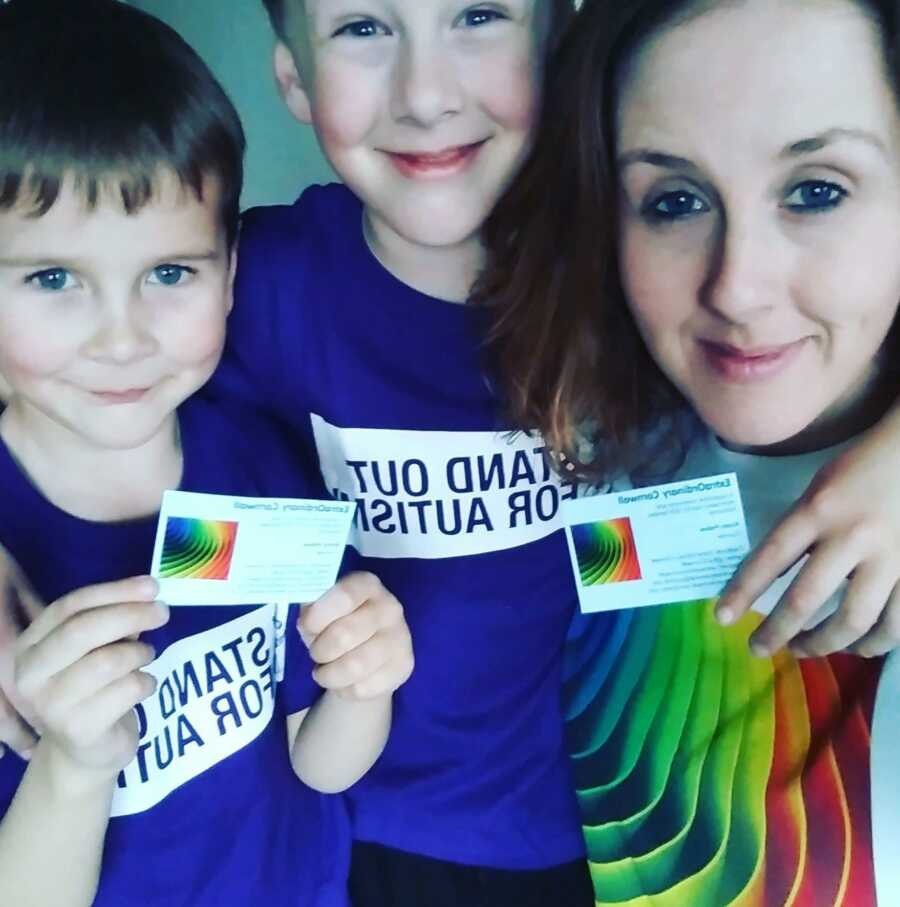
She also pushes back against the stigma around “labels.” She’s heard services say, “We don’t like to label,” as if a name for your experience is a cage. To her and many others, labels are not chains; they’re keys. A label opens doors to understanding, support, and self-compassion. It offers a map when you’ve been walking in circles. She fought for hers. Since owning it, the cruel names she once gave herself, stupid, broken, unworthy, have started to fade. In their place: clarity, language, and the power to help others do the same.
She stands where she was a neurodivergent woman and neurodivergent mother and builds space for people like her. She created Brainbow, an online community for advocacy, well-being, and autonomy, because “rainbow-brained” is how she sees their minds: full spectrum, many colors. Her work is varied and meaningful: confidential listening spaces, peer mentoring for teens and adults, inclusivity training, and volunteering with women’s mental health groups to reduce barriers.
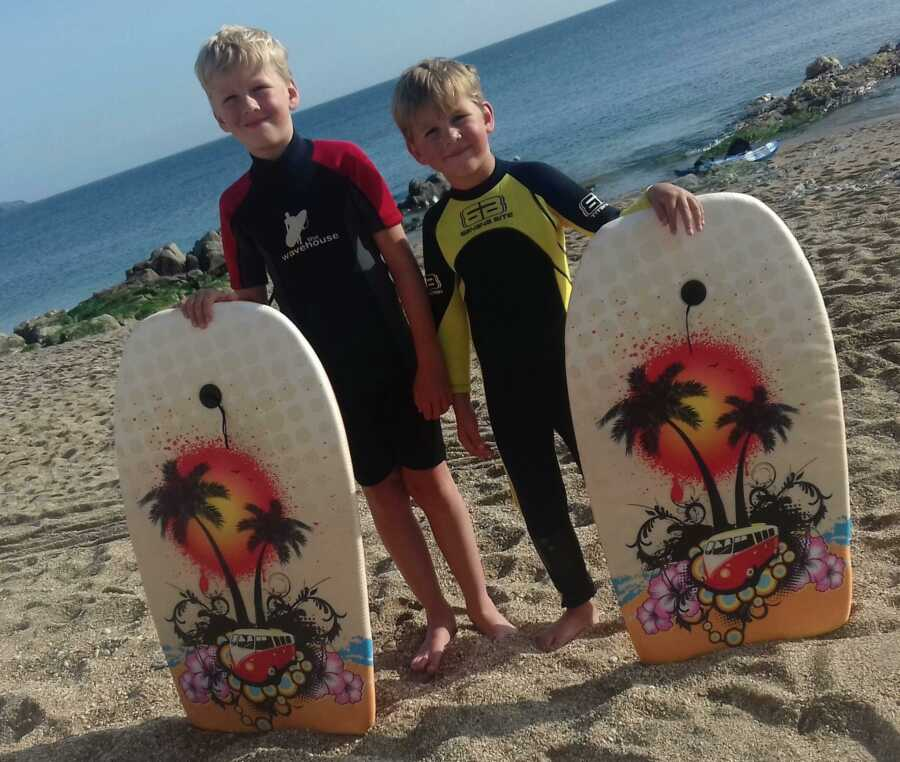
Brainbow has no waiting list or shame; it’s just visibility and care. She knows the fight to be seen starts early and stretches long. She also knows the truth beneath every meeting, form, and late-night worry: families do better when parents are supported too. The story is familiar, but it shouldn’t be quiet. Change begins when we stop treating difference like a problem to be hidden and start treating it like a reality to be understood.
